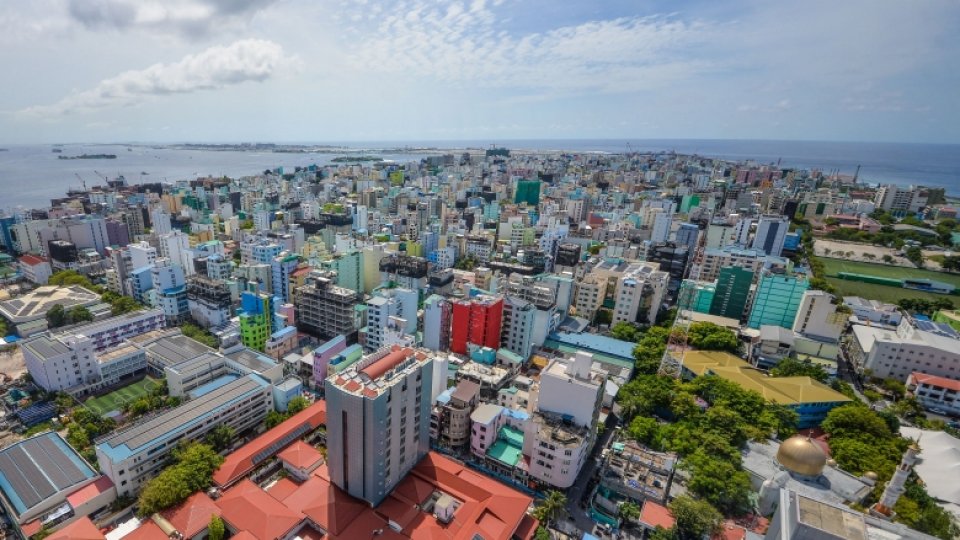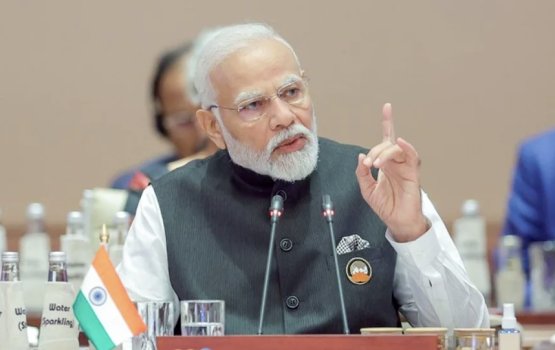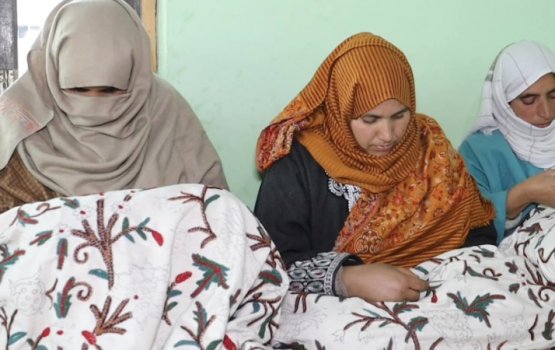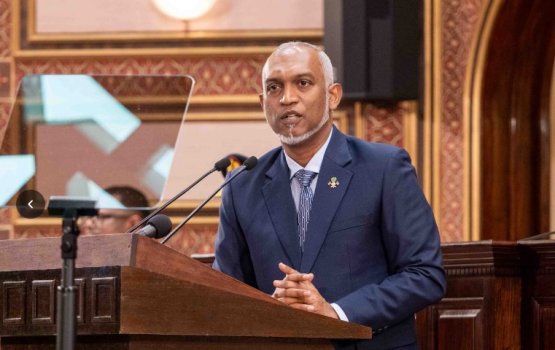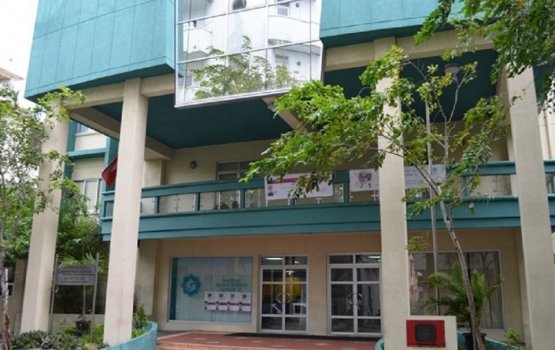World Bank says the Maldives needs reforms to better manage public debt and guarantees to strengthen fiscal sustainability.
The Bank said this in a statement issued to announce the launch of the World Bank's Maldives Public Expenditure Review (PER) today.
It said that the Maldivian economy is on the road to recovery following the unprecedented shocks of COVID-19.
The Bank highlighted that key reforms can enhance the quality of public spending, strengthen debt management and debt transparency and collect more revenues to finance the country’s development needs.
It noted that much of the increase in public spending and debt over the past five years has financed investments in basic services and infrastructure, especially housing.
Noting that such spending led to a rapid rise in debt, the Bank said that reforms are particularly important because Maldives’ economy is highly vulnerable to external shocks such as a global recession and climate change-induced natural disasters.
World Bank said that its PER identifies key reforms to help the Maldives strengthen fiscal sustainability, including raising more revenues – especially from domestic sources – by, for example, reducing the Personal Income Tax threshold and gradually raising both the General and Tourism GST rates.
The PER also identifies reforms needed to better manage public debt and guarantees. These include revamping the Fiscal Responsibility Act to include guarantees and more stringent monitoring of fiscal risks from state-owned enterprises.

